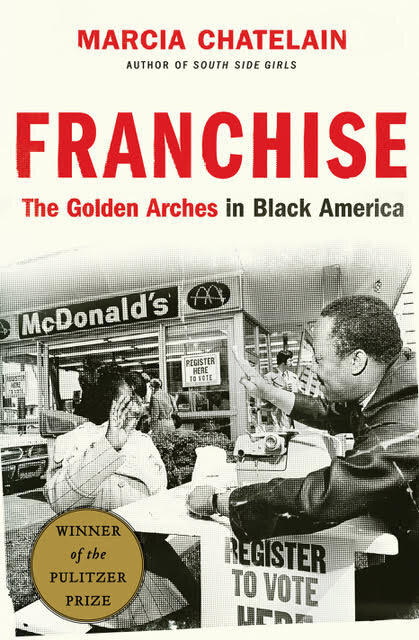Mainstream political discourse in the United States is currently being swept up in an existential crisis over the future of party politics, and women stand at the center of this contemporary debate. A record-breaking surge of women officeholders at the local, state, and federal levels after the 2018 midterm elections has dramatically reinvigorated the critique of the two-party system’s heteropatriarchal leadership and structure. Despite recent gains, the multitude of obstacles women have to face in order to win elected office or effect change within party organizations necessitates a fundamental challenge to the male-dominated political system. But women’s resistance to these gendered narratives of what it means to succeed professionally, legislate, and represent constituent interests is not new. Women’s work in political institutions has continually reshaped and redefined the standards for policy priorities, organizational efficiency, and inclusive representation.
In keeping with the theme of this year’s conference, “Build as We Fight,” this panel will employ historical, theoretical, and empirical lenses to understand the ways in which gendered labor has both fought against and built up American political institutions. The panelists will engage in a broad-ranging discussion with papers covering the election of Black women mayors, obstacles to political participation for women of color, women leadership in the history of the Democratic National Committee, and the history of Latinas in the Democratic Party. At the center of these papers lie the strategies of incorporation and resistance that women have used to navigate and make their own space in political institutions. These strategies are complicated by the intersection of race and gender, which provided divergent options for white, Black, and Latina women to achieve their political and professional objectives. Through this interdisciplinary and comparative dialogue, we hope to emphasize how gender is an understudied yet crucial component in the development of politics, parties, and policy in the twentieth and twenty-first century United States.
Panelists:
Jamil Scott, Georgetown
Tiffany Jasmin Gonzalez, Texas A&M
Christian Hosam, University of California—Berkeley
Jaime Sanchez, Jr., Princeton
